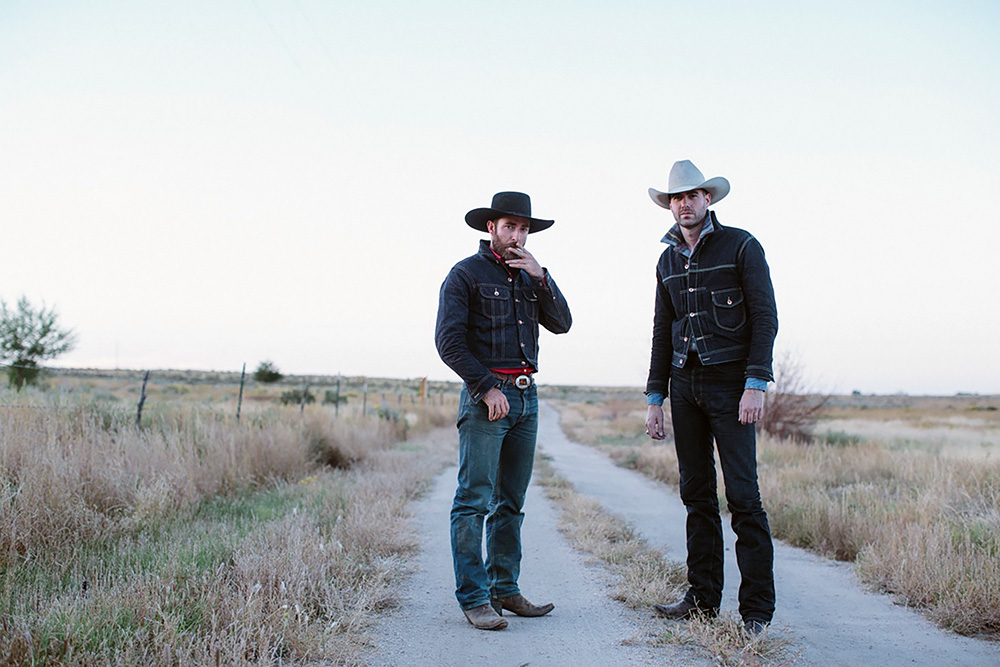
KC’s Ryan Martin, the sole proprietor and employee of W.H. Ranch Dungarees, is an old-school maker of heirloom quality, vintage-style jeans, painstakingly crafting each pair one-by-one.
Martin quietly reigns within a global subculture of artisanal denim producers who are fetishized for the quality and workmanship of their single craftsman, custom-made denim.
In 2017 his one-man brand was awarded the lofty title of Greatest Jean Maker in the World after a two-year long international Artisan Challenge, hosted by The Denim World Championship. His skills have also been validated through numerous write-ups in the Financial Times London; the Danish book Blue Blooded: Denim Hunters and Denim Culture; Hail Mary Magazine in Japan, and online sites such as The Rake, Denim Hunters, Gear Patrol and Heddels. Yet somehow, he’s remained a relative secret here.
With his degree in Apparel and Textile Design from K-State in 2004, and studies in European pattern-making and draping in London, he initially garnered a broad cult following for his handcrafted denim and duck-cloth ties under the White Horse Trading Co. label and the rugged outerwear he designed for another company. But in 2011 he bit the bullet and created W.H. Ranch Dungarees while living in Colorado. Each of the 12 jean styles and two jacket styles in his Heritage Collection are bench-made, single-needle construction, made of Japanese selvedge denim, using the denim industry’s original, legendary thread-maker and YKK hardware.
Now living in Kansas City, Martin also serves as the director of design and product development for a soon-to-launch E. Edwards brand of workwear called KC Jacks, yet he continues to be devoted to his couture craft, which thrives with international customers.
“W.H. Ranch Dungarees is really a passion project for me where no sacrifices are made.” he says, explaining that his business is not the typical commercial venture, and his knowledge and respect for the exact historical reproduction standards of his vintage-style workwear must be met. He knows his stuff as a long-time avid Lee jean collector and a veritable historian of the Lee company.
“I grew up in Salina, Kansas, the birthplace of Lee jeans. They outfitted my forefathers working the farmland on the dusty plains of Kansas. There is this romanticism to the notion that I am making the same jeans that my ancestors wore on the farm while they were struggling to survive the Dust Bowl. All of my cuts are based off of cuts Lee offered from the 1930 through the 1950s. This period to me was really the golden age of denim, so I tirelessly strive to replicate what made those jeans so great. It’s not just the fit, of course, but the construction techniques that were used. I obsess about every detail and finally reached the point with the acquisition of original 80-year-old machines to fully replicate the construction. It was a long, tiresome, and often-times defeating journey, but I can honestly say that what is being produced out of my studio is simply the best, if only because it replicates the best.”


